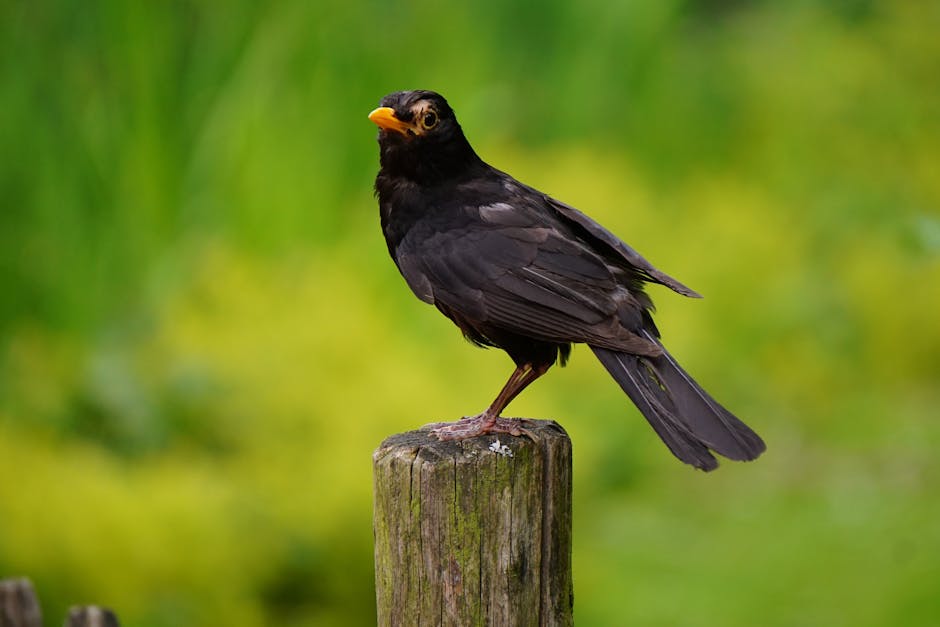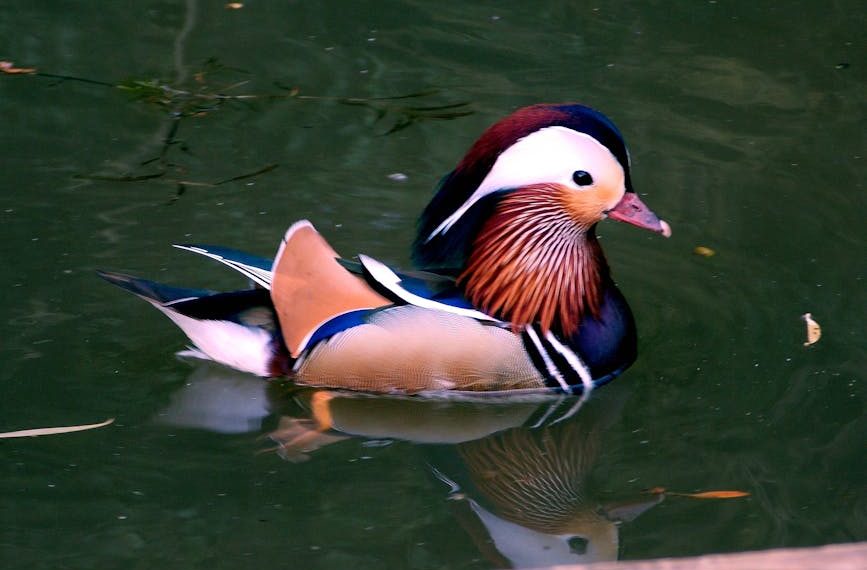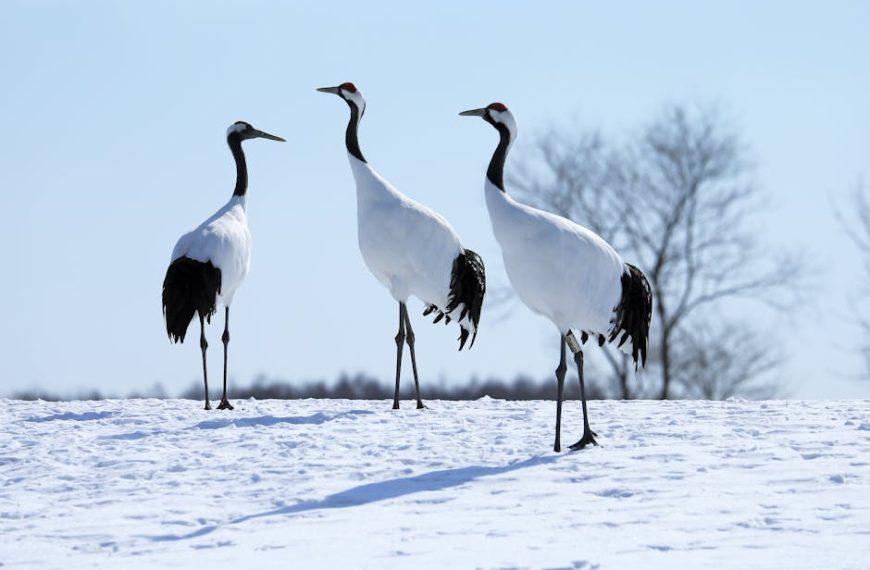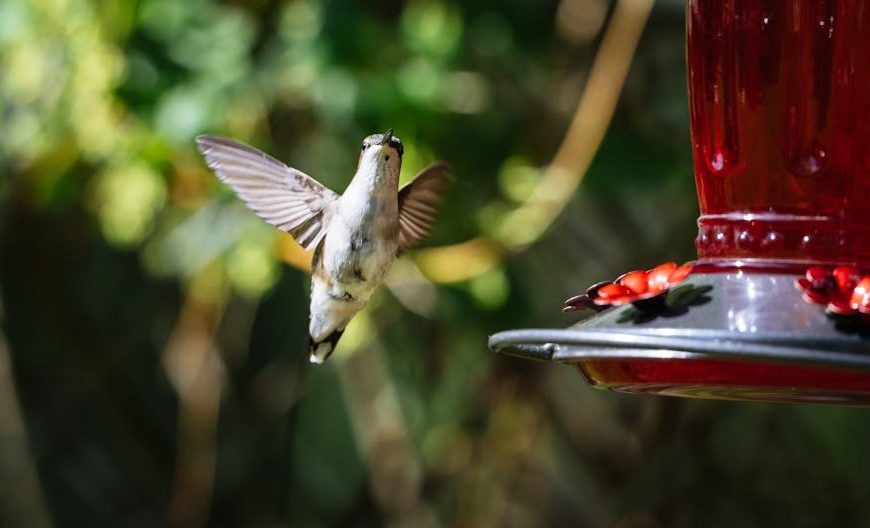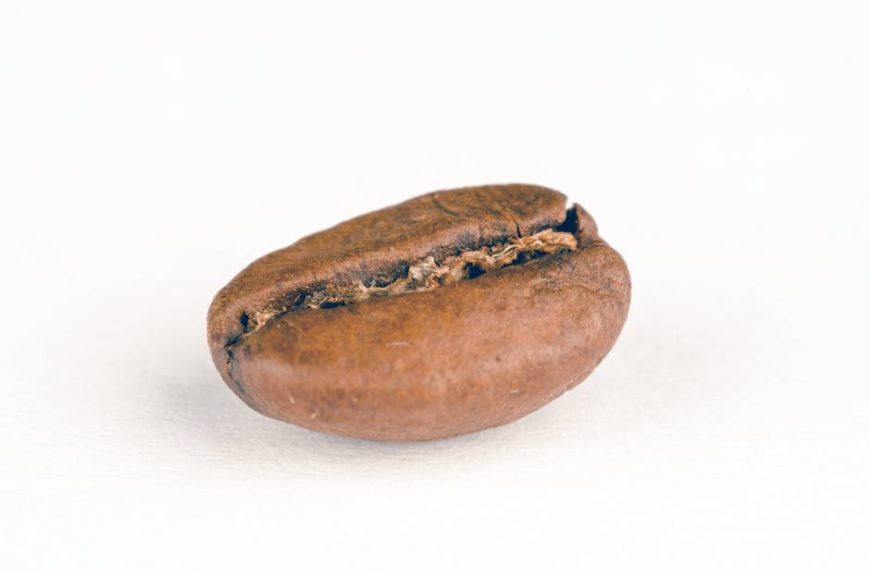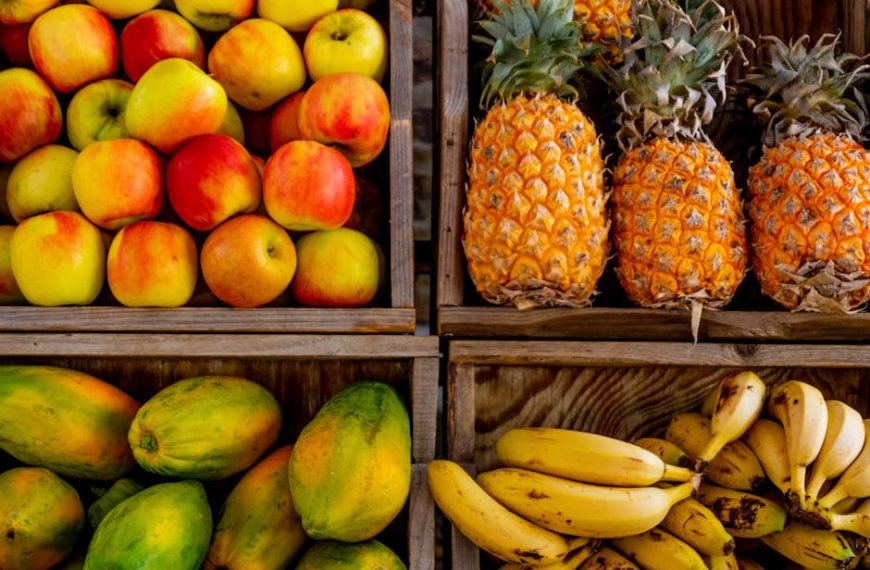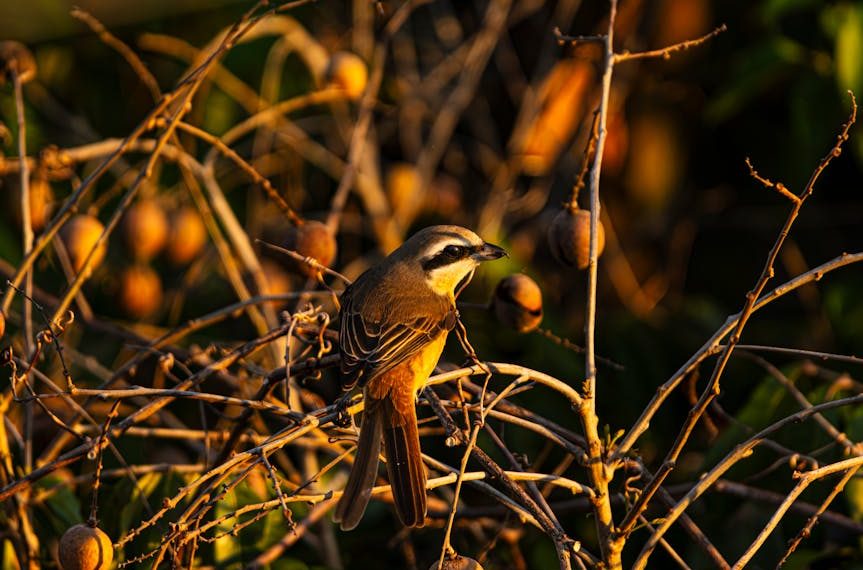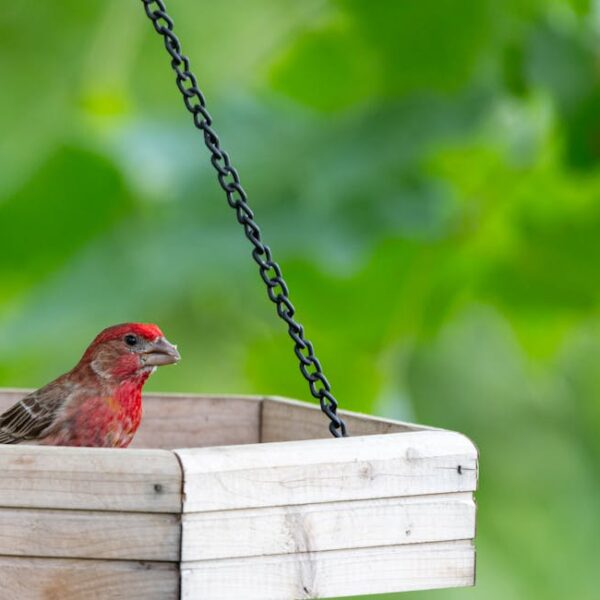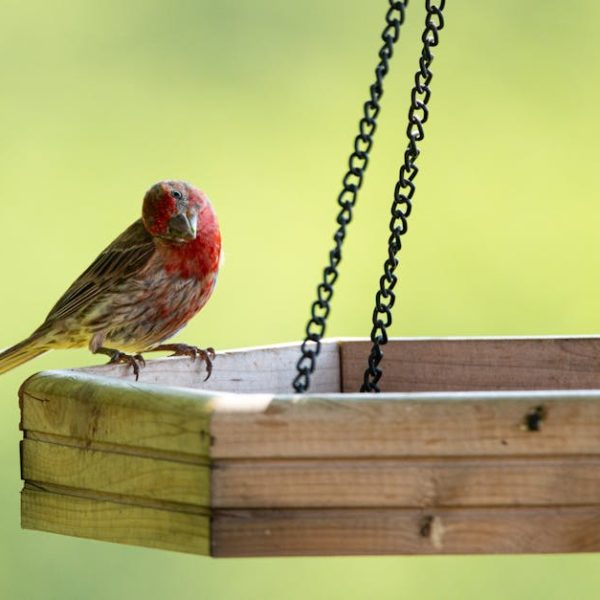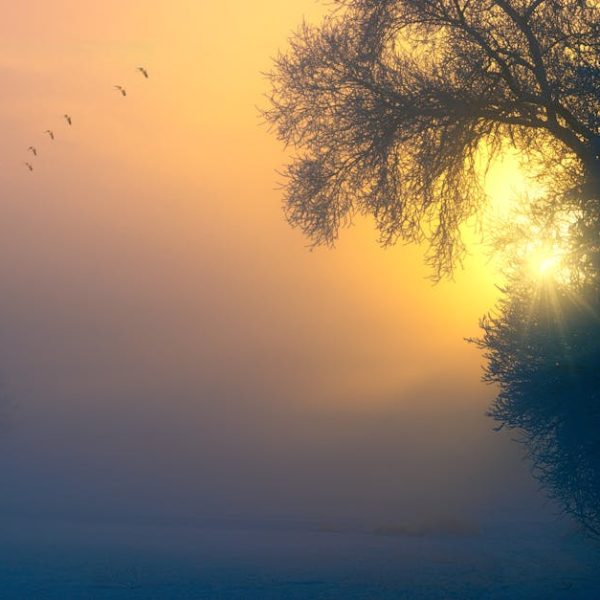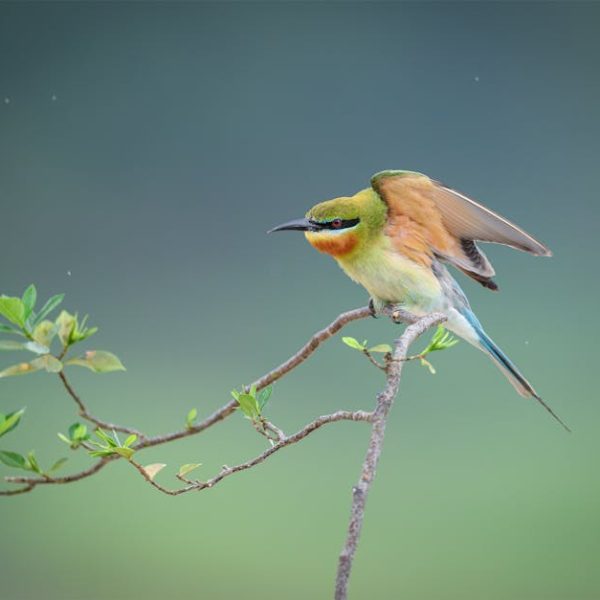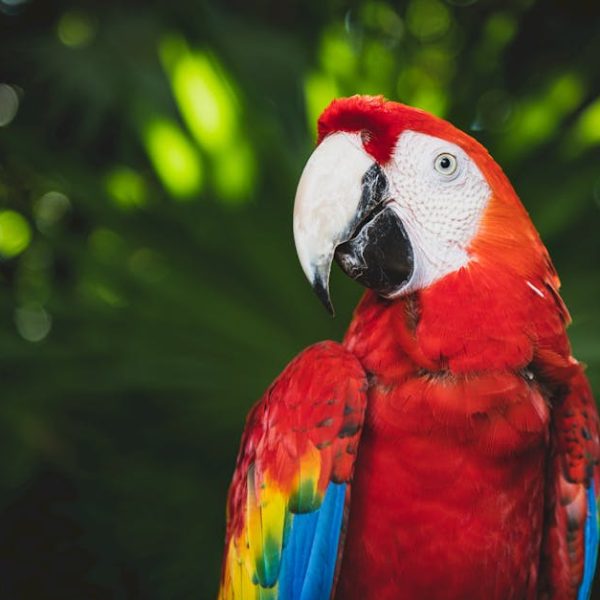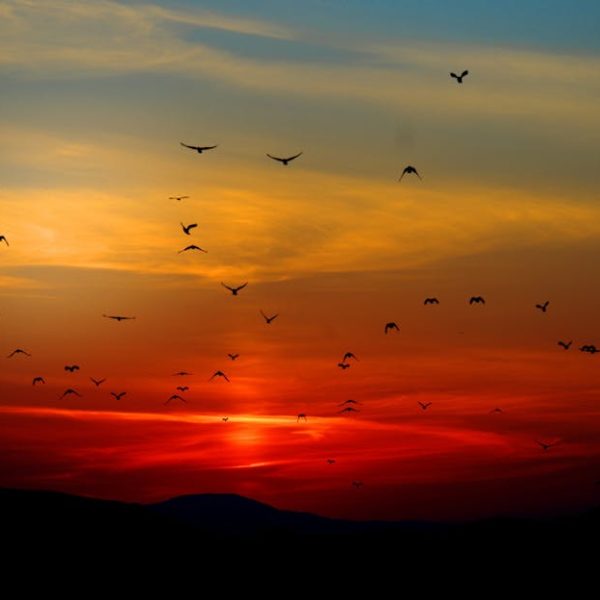Whether you’re a bird enthusiast, pet parent, or simply a curious mind, understanding the diet of black birds can be intriguing. The eating habits of these birds have a significant influence on their overall health, reproduction, survival, and even their behavior. This article unravels the intricacies of what black birds eat – providing an in-depth look into their general diet, the effects of changing seasons and varied habitats, and the role nutrition plays in their overall wellness.
Understanding the General Diet of Black Birds
Black birds, which comprise multiple species including crows, ravens, blackbirds, and jackdaws, are often considered opportunistic omnivores. This means they possess a versatile diet that spans a wide array of food items, enabling them to adapt and survive in various environments.
From crunching down on insects to savouring seeds, fruits, and small invertebrates, black birds don’t shy away from exploring their culinary options. Some black birds have been known to snack on human leftovers, proving their adaptable nature. However, it’s essential to note that what they eat can vary widely among different black bird species and their surrounding environments.
Common food items in a black bird’s diet include:
- Insects such as beetles, spiders, and caterpillars
- Various seeds and grains
- Fruits like berries, cherries, and apples
- Small invertebrates including worms and snails
Pro Tip: Are you looking to attract black birds to your backyard? Set up a feeder with a mix of fruits, seeds, and protein-rich foods mimicking their natural diet. However, avoid feeding them processed human food as it can be detrimental to their health.
The Impact of Season on Black Bird’s Diet
Much like their human counterparts, black birds experience a seasonal variation in their diet. During warmer months when insects and fruits are plentiful, they indulge in these fresh, juicy treats. However, as the weather chills and food sources dwindle, their diet shifts to incorporate more seeds and even small amphibians.
Understanding these changing eating patterns can provide valuable insights for bird enthusiasts who wish to help these feathered friends, especially during harsh winter months when food is scarce.
Best Practices for Feeding Black Birds:
- For warm seasons, provide a variety of fresh fruits and insects, such as mealworms.
- During colder months, ensure a supply of seeds and suet cakes which can serve as a high-energy food source.
Species-Specific Diets of Black Birds
While it is accurate to discuss a general diet for black birds, it’s also important to highlight how diets can differ among individual species. Some black bird species, from the noisy American Crow to the star-like European Starling, boast unique dietary habits influenced by factors like their habitat and migration patterns.
Unique Dietary Habits of Specific Black Bird Species:
- American Crow: Known for their diversity in feeding, crows pick at road-kills, scavenge human leftovers, or predate on small animals.
- European Starling: Originally not native to North America, these birds have a penchant for insects, fruits, and seeds, but will also consume human food waste if available.
Comparison:
| Species | Benefits | Drawbacks |
|---|---|---|
| American Crow | Versatile diet, can adapt to urban areas | Dependence on human food can be harmful |
| European Starling | Contributes to pest control by consuming insects | Can become a nuisance due to large flocks and noise |
The Influence of Habitat on Black Bird’s Diet
Habitat significantly influences a black bird’s diet, with urban dwelling birds having more access to human food scraps than their forest counterparts. The type and quantity of food available in different habitats depend on various elements like geographic location, vegetation, and other animals’ presence.
For instance, black birds living near deciduous forests feast on a variety of insects, fruits, and seeds abundant in this environment. Conversely, those in coastal dwellings may add shellfish and small fish to their menu.
Key Factors in a Habitat that Influence Black Bird’s Diet:
- Geographic location
- Type of vegetation
- Presence of other fauna
Best Practices for Nurturing Black Birds in Your Backyard:
- If you live in a city, consider investing in specialized bird feeders that provide a balanced diet.
- Residents of rural areas or near forests can assist black birds by maintaining a variety of native plants that produce fruits and house insects.
- Coastal dwellers might occasionally place clean, crushed shells or small fish in a feeder, replicating a coastal black bird’s natural diet.
Role of Diet in Black Birds’ Overall Health and Survival
A wholesome diet is vital for black birds, playing a critical role in their overall wellbeing and survival. Their intake of insects, seeds, fruits, and other food items provides essential nutrients necessary for energy, growth, and reproduction.
However, their survival isn’t merely down to just eating anything, as consumption of inappropriate food (like processed human food) can lead to malnutrition, disease, and even death. Dietary imbalances can also affect their reproductive success, influencing the health and survival of their chicks.
Black birds thrive on a balanced diet, and understanding their nutritional needs can significantly enhance efforts to foster their wellbeing and conservation.
Pro Tip: Keep an eye out for any signs of malnutrition or ill-health in black birds, which might include unusual lethargy, loss of feathers, or noticeable weight change.
In conclusion, black birds exhibit a diverse dietary palette influenced by multiple factors like season, habitat, and species characteristics. Understanding these eating habits can help bird lovers contribute positively to these creatures’ thriving existence. Whether you’re feeding them in your backyard or simply appreciating them from a distance, remembering the key elements in this guide can enhance your interaction with these fascinating birds.
Key Takeaway:
- Black birds are typically omnivorous, their diet consisting of a wide variety of insects, seeds, fruits, and small invertebrates. However, the specific diet can vary greatly depending on the species and their environment.
- Black birds’ diets evolve with the changing seasons, shifting from insects and fruits during warmer months to seeds and small amphibians during colder months.
- Even among black bird species, diets can drastically differ, driven by habitat, migration patterns, and other factors.
- A black bird’s habitat greatly starts influencing its diet, leading to variations in the types and quantities of consumed food.
- A balanced diet plays a crucial role in the overall health, survival, and reproduction of black birds. Signs of poor diet may include unusual lethargy, loss of feathers, or noticeable weight changes.
Understanding and respecting the dietary needs of black birds is a fundamental way to contribute to their conservation and wellbeing. As bird lovers, adhering to the correct practices when feeding them and creating a conducive environment for these magnificent creatures to thrive helps ensure their continued survival.
FAQs
Q: Do black birds drink water?
A: Yes, black birds do drink water. It’s essential to provide them with clean, fresh water, especially during dry periods when natural water sources can be scarce.
Q: Can black birds eat bread?
A: While they can eat bread, it is not recommended as it lacks the essential nutrients they require for a healthy diet. Instead, provide balanced food like fruits, seeds, and insects.
Q: Are there certain foods that black birds should avoid?
A: Yes, black birds should avoid processed human food as it can lead to malnutrition and illness. They should also steer clear of food high in salt or sugar.
Q: Do black birds eat other birds?
A: While they primarily consume insects, seeds, and fruits, certain species of black birds, like the crow, might also predate on smaller birds when food is scarce.
Q: How can I attract black birds to my garden?
A: Setting up a bird feeder with a mix of fruits, seeds, and protein-rich foods similar to their natural diet can attract black birds to your garden. Also, maintaining a variety of native plants can be beneficial.
Feel free to share this article with other bird enthusiasts and explore more enlightening posts on our website.
